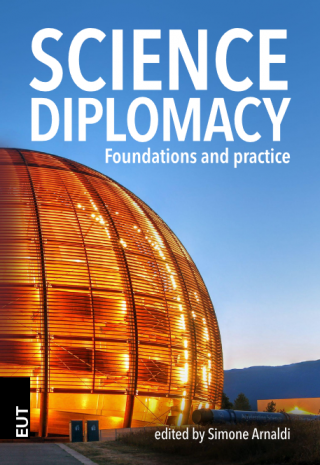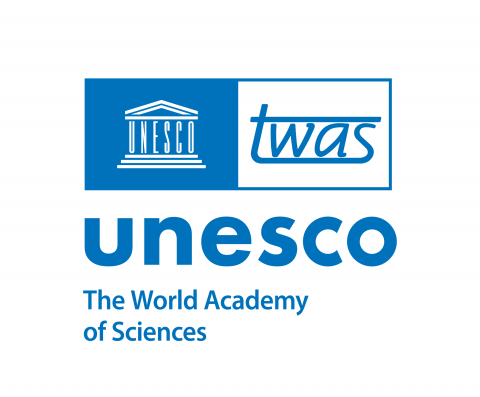To attain the targets of the 17 United Nations Sustainable Development Goals will require not only the input of science, but also the judicious application of science diplomacy. Unfortunately, scientific research, outputs and applications are skewed heavily towards High-income Countries (HICs), whereas many Low- and Middle-income Countries (LMICs) invest much less in training scientists and providing suitable facilities for them to carry out their research. Supporting research in LMICs is critical to reaching the SDGs as not all research outputs from HICs are directly transferrable to lower-ressource settings.
Throughout its 40-year history, The World Academy of Sciences (UNESCO-TWAS), headquarters in Trieste, Italy, has been working to build scientific capacity in the Global South, frequently relying on South-South collaboration and exchange to implement its programmes. More recently, since 2014, TWAS has developed activities in the area of science diplomacy - particularly raising awareness among young scientists in LMICs of the necessity to think of the applications of their research beyond the laboratory, i.e. how their results might be used to tackle the SDGs and how, in turn, they can raise awareness among local policy-makers of the need to engage with scientists within their own countries. Examples based on the actions of alumni from TWAS science diplomacy courses are presented. Also highlighted is the fact that TWAS and other scientific institutions in and around Trieste receive core funding from the Government of Italt, confirming these entities of the so-called Trieste Science System as an instrument of soft power (using science, i.e. science diplomacy) to enhance the credibility and influence of Italy.
The chapter written by Dr. Peter McGrath is part of the book titled "Science Diplomacy, Foundations and Practice", published by the University of Trieste. The volume provides initial answers to these question "What is science diplomacy? Why is it important in a world marked by global challenges such as climate change and confrontation between great powers? What knowledge can be mobilised to study this emerging field of practice and research?".
The book analyses different aspects of science diplomacy, both from a theoretical point of view and by presenting real world case studies. The intent is to offer an introduction to an increasingly important theme in the relations between science, society and politics. Consequently, it is addressed to all those (students, researchers, decision-makers) who are approaching science diplomacy for the first time.
Read the entire book here.


